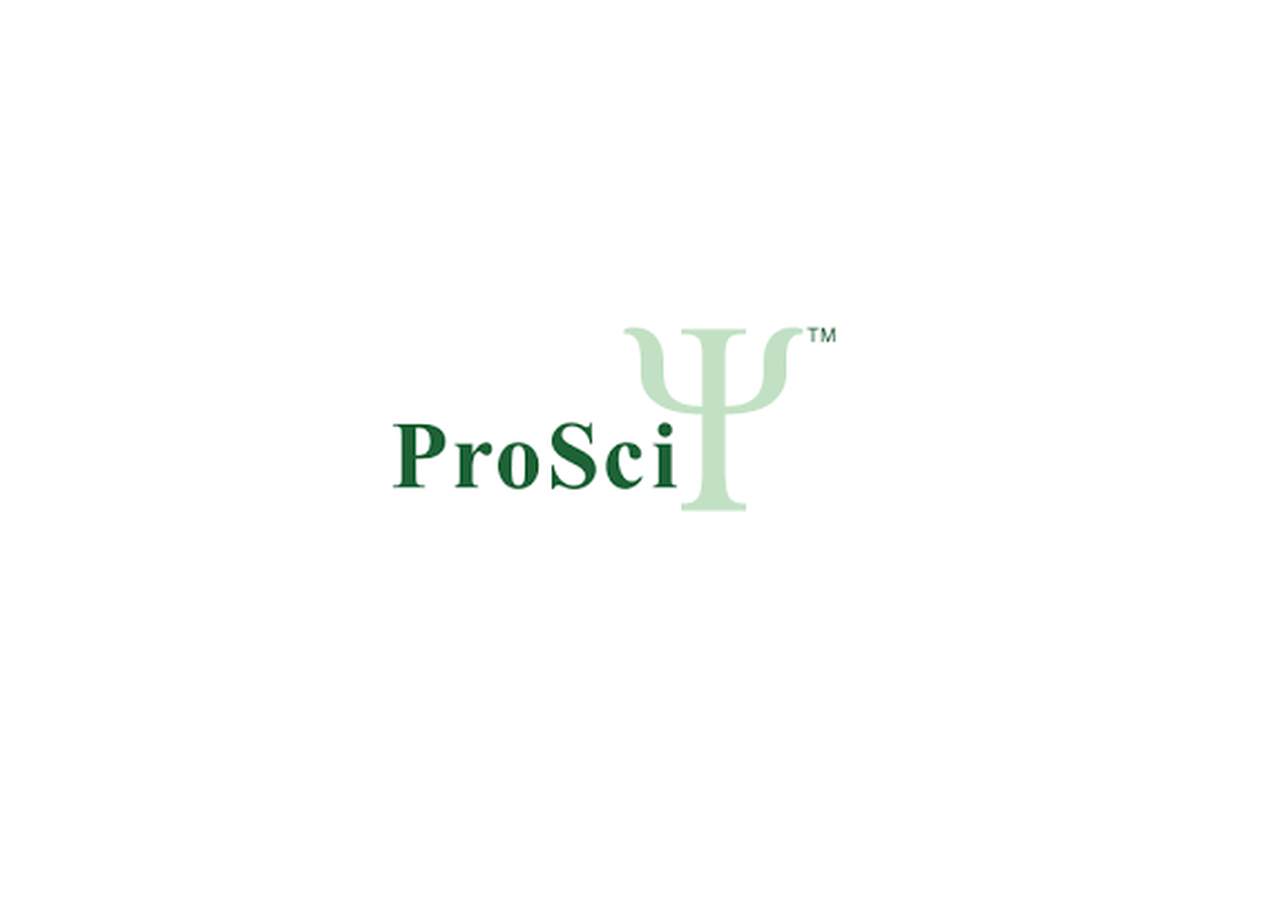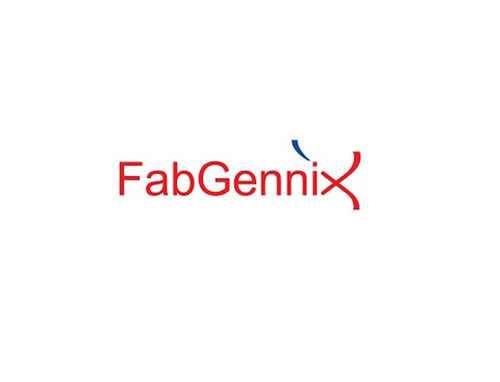Product Description
ITCH Antibody | 7645 | ProSci
Host: Rabbit
Reactivity: Human, Mouse, Rat
Homology: N/A
Immunogen: ITCH antibody was raised against a 15 amino acid peptide near the amino terminus of human ITCH .
The immunogen is located within amino acids 40 - 90 of ITCH.
Research Area: Stem Cell
Tested Application: E, WB
Application: ITCH antibody can be used for detection of ITCH by Western blot at 1 - 2 μg/ml.
Antibody validated: Western Blot in mouse samples. All other applications and species not yet tested.
Specificiy: ITCH antibody is human, mouse and rat reactive. At least three isoforms of ITCH are known to exist; this antibody only recognizes the two longest isoforms. This antibody is predicted to not cross-react with other members of the Nedd4 protein family.
Positive Control 1: Cat. No. 1282 - 3T3 (NIH) Cell Lysate
Positive Control 2: N/A
Positive Control 3: N/A
Positive Control 4: N/A
Positive Control 5: N/A
Positive Control 6: N/A
Molecular Weight: Predicted: 99 kDa
Observed: 99 kDa
Validation: N/A
Isoform: N/A
Purification: ITCH antibody is affinity chromatography purified via peptide column.
Clonality: Polyclonal
Clone: N/A
Isotype: IgG
Conjugate: Unconjugated
Physical State: Liquid
Buffer: ITCH antibody is supplied in PBS containing 0.02% sodium azide.
Concentration: 1 mg/mL
Storage Condition: ITCH antibody can be stored at 4˚C for three months and -20˚C, stable for up to one year.
Alternate Name: ITCH Antibody: AIF4, AIP4, NAPP1, dJ468O1.1, E3 ubiquitin-protein ligase Itchy homolog, Atrophin-1-interacting protein 4, Itch
User Note: Optimal dilutions for each application to be determined by the researcher.
BACKGROUND: The Itchy E3 ubiquitin protein ligase (ITCH) is a member of the Nedd4 family of HECT domain E3 ubiquitin ligases (1) . HECT domain E3 ubiquitin ligases transfer ubiquitin from E2 ubiquitin-conjugating enzymes to protein substrates, thus targeting specific proteins for lysosomal degradation. ITCH plays a role in multiple cellular processes including erythroid and lymphoid cell differentiation and the regulation of immune responses (2) . In B cells, ITCH is thought to associate with latent membrane protein 2A (LMP2A) of Epstein-Barr virus, specifically down-regulating its activity in B cell signaling (3) . Mutations in this gene are a cause of syndromic multisystem autoimmune disease (4) .
 Euro
Euro
 USD
USD
 British Pound
British Pound
 NULL
NULL










